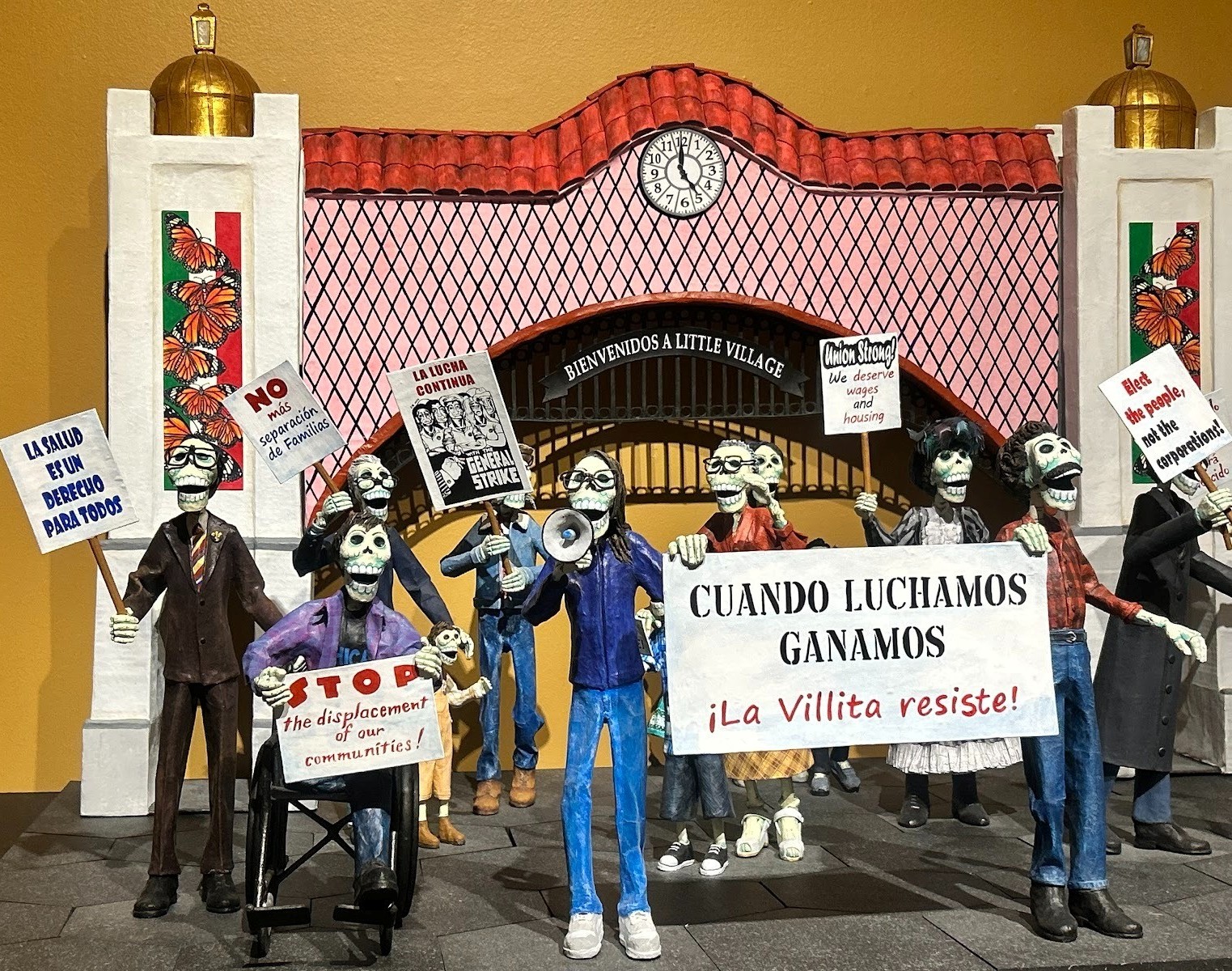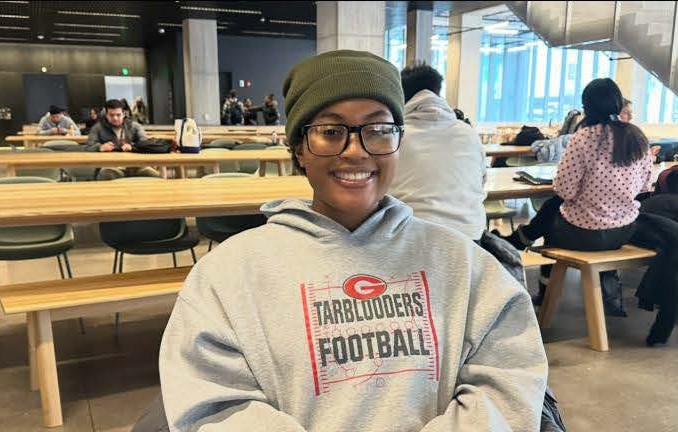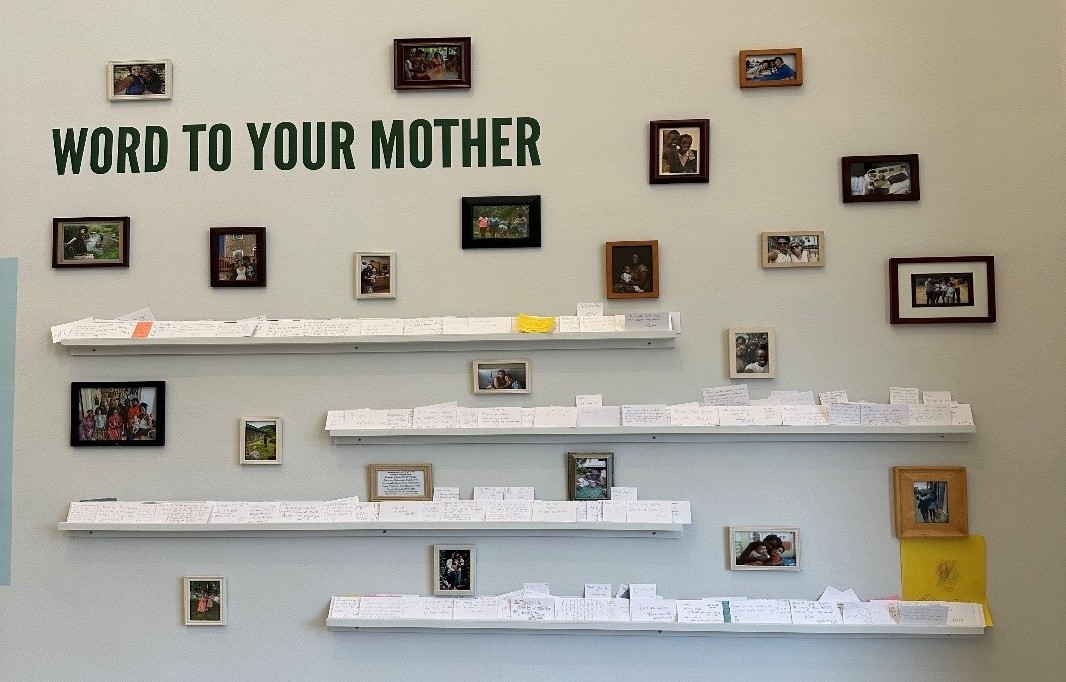By Juel Grange
Andrea Tahlier, manager of Kroll's South Loop, says the end-of-year holidays are usually the restaurants busiest time of the year, but lately she’s noticed fewer customers at lunch time. “People just don’t seem to be going out for lunch anymore,” Tahlier said.
The bar at Kroll’s has boosted business. “When times are hard, people tend to be more drawn to bars,” she added.
Kroll’s is not alone in the slow down. Rising food costs and dwindling numbers of customers are hurting restaurants around Chicago. Restaurant owners say some consumers are choosing to eat out less while others are opting for cheaper eateries.
According to Reports from the National Restaurant Association, eating and drinking establishments have cut nearly 36,000 jobs in the last four months. In addition to the increase in job losses in the restaurant industry, eateries also have had to cut back on their employees’ hours. The average weekly hours worked by non-management employees is only 24.1 hours.
Some restaurants have even closed their doors. Chain restaurants Bennigan’s and Steak & Ale closed many of their locations after their owner, S&A Restaurant Corp., filed for bankruptcy in July. Bakers Square owner Vicorp Restaurants Inc. filed for Chapter 11 reorganization in April.
In a survey conducted this year by the National Restaurant Association, 29 percent of restaurant owners and operators identified the economy as their No. 1 challenge.
Employees in many areas are feeling the pinch as well.
Aleya James, who works for Starbucks in South Chicago said, “After the economy started getting really bad, I noticed a decrease in the amount of hours I was being given. I work part time and attend school. The 20 hours or so that I was working, I needed to pay for necessities. It’s definitely a financial strain.”
Chicago residents say they are not frequenting restaurants as much because of rising costs and financial worries.
“I know to watch how often I eat out,” said Mia Madison, 42, from South Chicago. “I work downtown and I used to be able to buy lunch frequently. I eat out less, and if I do eat out it is unhealthy because I go to the Dollar Menu at McDonald's. I try to bring my lunch.”
Vernon McCallum, 20, from South Chicago said, “The economy has definitely slowed down how often I eat out. Most people are losing their jobs or don’t have one. Nowadays I stay in and cook."
A rise in food costs is affecting restaurant profit as well. Since January last year, the average cost for a dozen eggs went up from $1.38 to $2.17. Milk increased from $2.67 to $3.54 a gallon and a loaf a bread is up to $1.26 from $1.01. The Consumer Price Index for Chicagoland has increased 4.4 percent, which is the highest increase since 1996.
South Loop Dunkin Donuts manager Ladarrius Wallace said his franchise is more affected by rising food costs than dwindling costumers.
Many consumers say they are going to less expensive places to dine.
Stephanie Mueller, 25, of North Chicago, said, “My eating habits have been greatly affected. I don’t go and do nice dinners anymore. I probably eat out not even three times a week. If the economy were better, I definitely would go to nicer restaurants as opposed to grabbing a sandwich."
Some restaurants have been impervious to the economic slowdown.
Lisa Ko, owner of Tamarind Restaurant in the South Loop, said HER business is not being significantly affected by the nation’s economy. Ko attributes Tamarind’s success to ability to draw business To good service, and above all, low prices. “We have good and affordable food,” she said.
Ko also said the restaurant is close to hotels and colleges, which also helps keep business steady.
Categories:
Business Food New Story






Be First to Comment